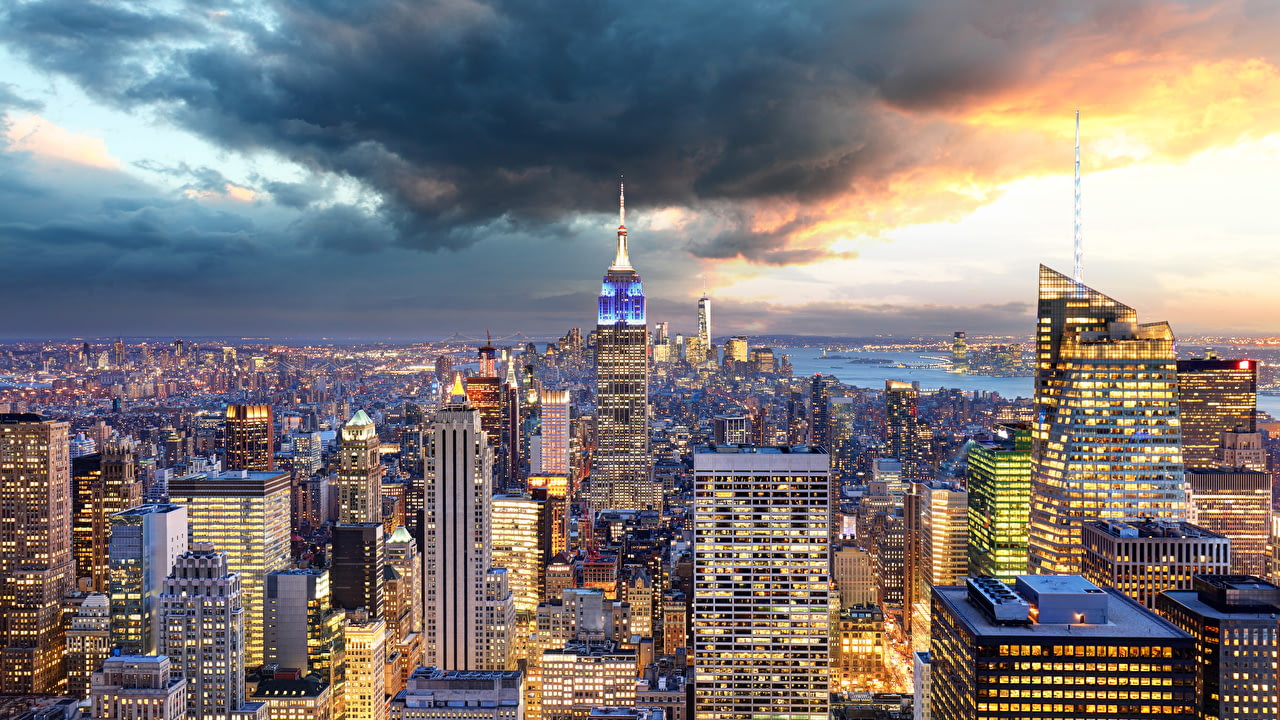Digest prepared by iMARS Communications.

“In the digital age, the world is forced to adapt to life in the digital environment. Every day new ideas and trends appear that are hard to keep up with. And although it’s difficult to say what will happen to the marketing and PR spheres in the next 10 or 20 years, today it’s necessary to combine efforts to attract attention and create more attractive campaigns for the audience, ”said Vladimir Stupnikov, President of the iMARS communication group.
The Art and Science of PR in the Digital Age
For decades, an understanding of the goals and interests of the audience has contributed to success in the PR industry, but in recent years, much has changed. As print loses its power and social networks flourish, problems in the digital space for PR professionals continue to remain.
Today, most PR teams are trying to figure out how to adapt to the digital environment . The worlds of PR and marketing are on a collision path. We have seen how over the past decade, marketing teams have flourished in the digital space. During this time, the marketing tools have expanded and now include content marketing, social media marketing, content management, search engine optimization and many other analytical tools. Meanwhile, PR specialists have strengthened relations with the media and are discussing the equivalents of advertising costs. Marketers used data to understand their audience. PR professionals honed the art of communication and built relationships with journalists, earning on brand recognition provided by the media.
According to Michael Toner, Vice President of Digital Strategy for Business Wire, in 2018 Burger King attracted everyone's attention thanks to the WHOPPER Detour campaign, according to which participants could get a burger for 1 cent if they made an order in the Burger King application near McDonalds. To get widespread coverage of the campaign, Burger King needed to conduct a well-organized series of events with the participation of both the PR team and marketers. Understanding social media, the simplicity of the campaign and competitive thinking combined created an insurmountable viral sensation, attracting the attention of both social and traditional media.
Beyond Modern Loyalty Marketing Programs
Loyalty marketing is the focus of attention today and has become a trend only in the last quarter of 2019, and it is clear that loyalty marketing has an important place on the agenda of each brand.
What are we watching? The first to make a big shift was Shell in March this year, abandoning the point accumulation system. As stated by Pavel Los, Shell Global Loyalty Program Manager, people don’t care about points, they are more interested in the exchange of values. British Gas was the first company in the world to use AR technology in its program, introducing the game on Easter, where participants could get amazing AR experience and win thousands of prizes. Sky VIP is another interesting representative.
“73% of people believe that loyalty programs should be aimed at ensuring that brands are loyal to customers, although 66% of marketers believe the opposite. Sky turns loyalty upside down, demonstrating the company's loyalty to its customers, and does not require mutual loyalty from them, ”says Rob Chandler, Head of Loyalty at Sky.

“Over the past decade, business has become more emotional, and loyalty an important indicator for brands. Companies must exceed customer expectations, focus on emotional involvement. And, indeed, sometimes scores in applications are not as important as, for example, creating a useful or interesting experience for a client, ”notes Vladimir Stupnikov.
B2B Festival Marketing Growth
Despite its popularity, festival marketing is not a new trend . But does he have a place in B2B marketing? Festivals are full of moments of communication that rule the B2B world. Adding festival elements to corporate events, this will allow your event to acquire social significance and expand its reach beyond the physical, as your guests will be forced to share their vivid impressions on social networks. The thirst for live interactions is inherent in the human psyche, especially today, when we spend a lot of time in our digital worlds. Technologies such as predictive analytics allow us to extract detailed information about our audience so that we can determine what they want and how they want it - all this also applies to festival marketing. You need to carefully think through events in which more conservative brands are involved (in particular, financial brands), so plan them wisely. In general, festivals are an effective way for brands to effectively attract their audience.